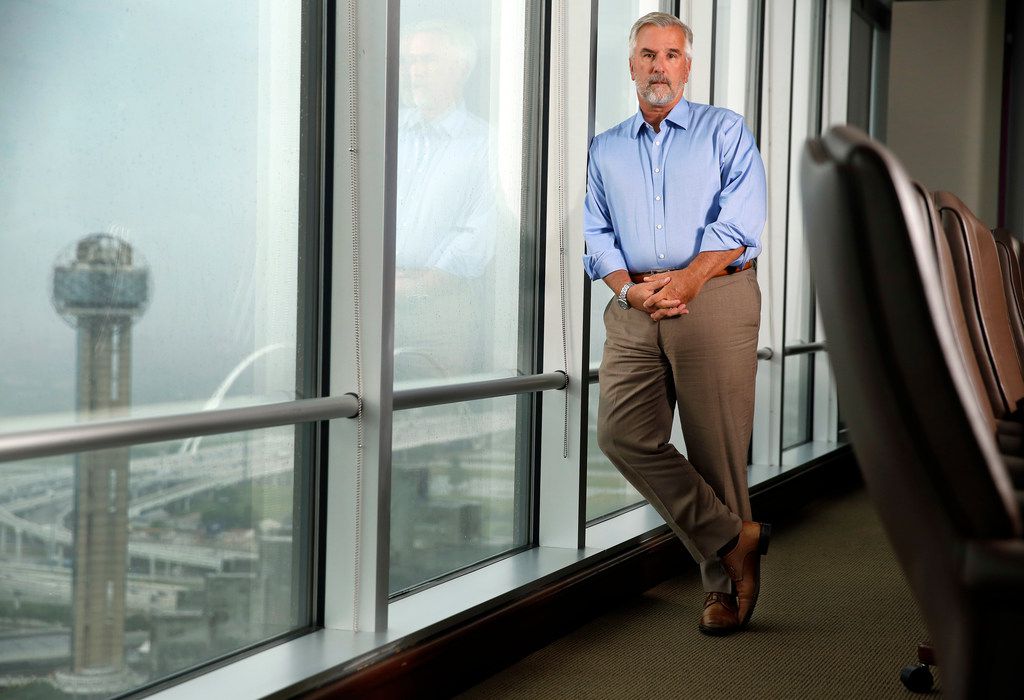My phone started ringing early yesterday as my firm’s East Coast attorneys were abuzz about my friend, Steve Mostyn, filing of a letter which included a proposed Superstorm Sandy settlement agreement which appeared illegal and unethical. I was two hours behind them in Denver for a deposition of a claims adjuster in a Colorado Springs hail damage case. The Superstorm Sandy matter was important enough I quickly wrote Hurricane Sandy WYO’s Want Release from Criminal Liability and WYO Attorneys Warned of Sanctions.
Mostyn’s letter rightly caught the attention of the magistrate judges doing their best to help parties to resolve these claims. A noon hearing was quickly set and was largely held by attorneys appearing by phone.
Reporter Catherine Dunn‘s headline, Hurricane Sandy FEMA Talks: Judges Rip ‘Mind-Blowing’ Proposal To Silence Storm Victims On Fraud Allegations, summed up what happened. She wrote:
Federal judges on Wednesday tore apart a confidentiality form introduced during FEMA negotiations with Hurricane Sandy victims. The document would have required homeowners to give up their right to cooperate with state and federal investigations into allegations of fraud, in exchange for a settlement.
“This is so far over-reaching, it’s mind-blowing,” U.S. Magistrate Judge Ramon Reyes Jr. said during a hearing Wednesday afternoon in a Brooklyn federal court. That’s where a panel of judges overseeing Hurricane Sandy insurance disputes has insisted on exploring allegations that insurers used fraudulently altered engineering reports to lowball claims.
* * * *
U.S. Magistrate Cheryl Pollak said the proposed release could be illegal. “I have major concerns with this language as being a violation of New York state and federal laws,” she said.
Attorneys for FEMA and flood insurance carriers quickly distanced themselves from the document, insisting that it was never intended as a final proposal, and didn’t reflect Travelers’ position, or that of other private insurers.
Barbara Montoya, an acting associate chief counsel for FEMA, said that Standard Fire Insurance Company, a unit of Travelers, provided the release as a “starting point” for negotiating, not as a “final document.”
The troubling part is that just about anybody with any common sense and any sense of minimal morals would know you cannot propose this type of behavior. I cannot think of any jurisdiction where this proposal would be tolerated as ethical because it requires parties to obstruct justice. What is troubling is that the insurance company lawyers keep advocating secrecy of things that are illegal or dishonest. And as pointed out by Dunn, what is troubling is that the US Attorney General nominee’s office moved to strike and hide Mostyn’s letter and the proposed agreement rather than publicly taking the same position as the learned judges.
The Pennsylvania Bar has ethic’s guidelines something almost all states require of attorneys:
In the nature of law practice, however, conflicting responsibilities are encountered. Virtually all difficult ethical problems arise from conflict between a lawyer’s responsibilities to clients, to the legal system and to the lawyer’s own interest in remaining an ethical person while earning a satisfactory living. The Rules of Professional Conduct often prescribe terms for resolving such conflicts. Within the framework of these Rules, however, many difficult issues of professional discretion can arise. Such issues must be resolved through the exercise of sensitive professional and moral judgment guided by the basic principles underlying the Rules. These principles include the lawyer’s obligation zealously to protect and pursue a client’s legitimate interests, within the bounds of the law….
While it may be in an insurance company’s interest for its attorneys to stop the hemorrhaging of public disclosure about fraudulent conduct, it does not mean that insurance company attorneys should suggest that a document mandating illegal conduct in exchange for money is a "starting point" or a "template" for settlement discussions. I have signed hundreds, if not thousands, of confidential insurance settlement agreements. I have seen nothing close to this which was obviously written for Superstorm Sandy and was not a template of anything from a past settlement agreement.
Steve Mostyn should be congratulated for immediately and publicly disclosing this illegal proposal rather than pretending it did not exist. Bravo Steve—even if you won’t or cannot call me about all these secret settlement discussions.



